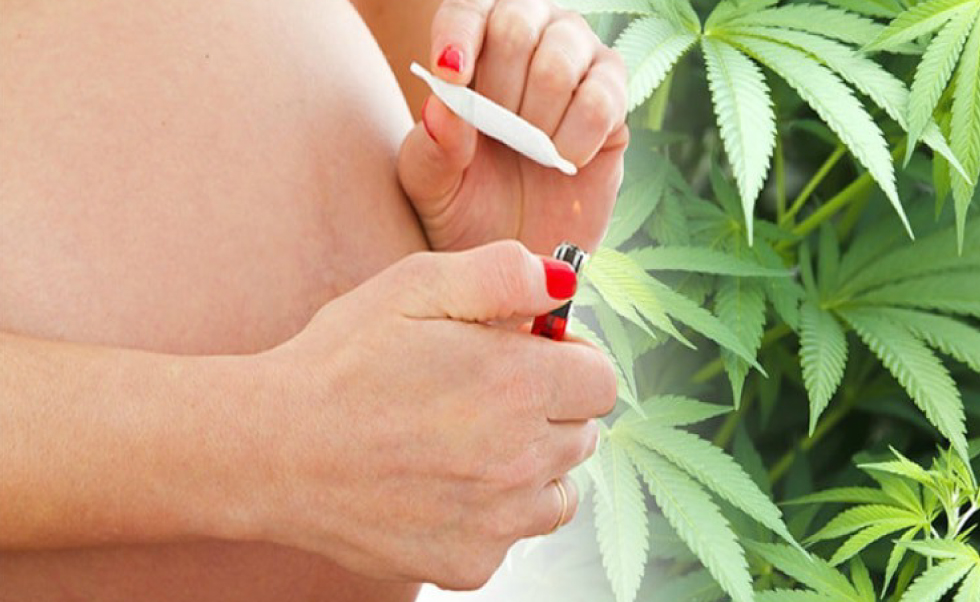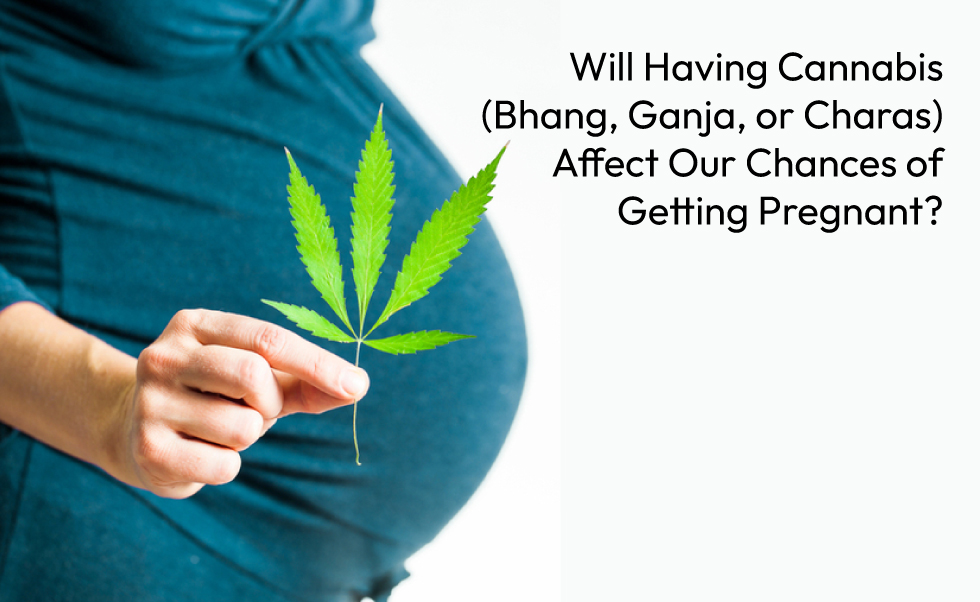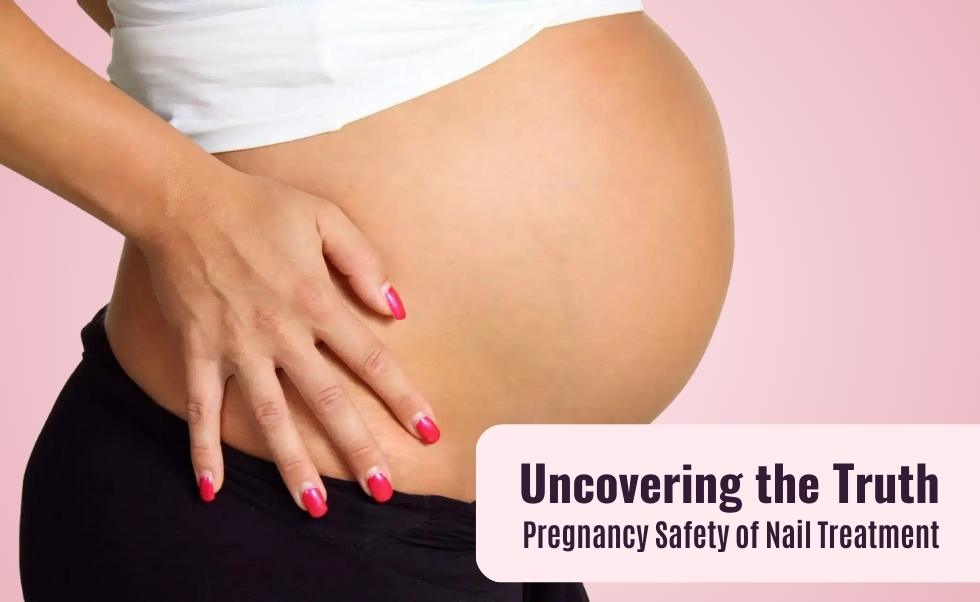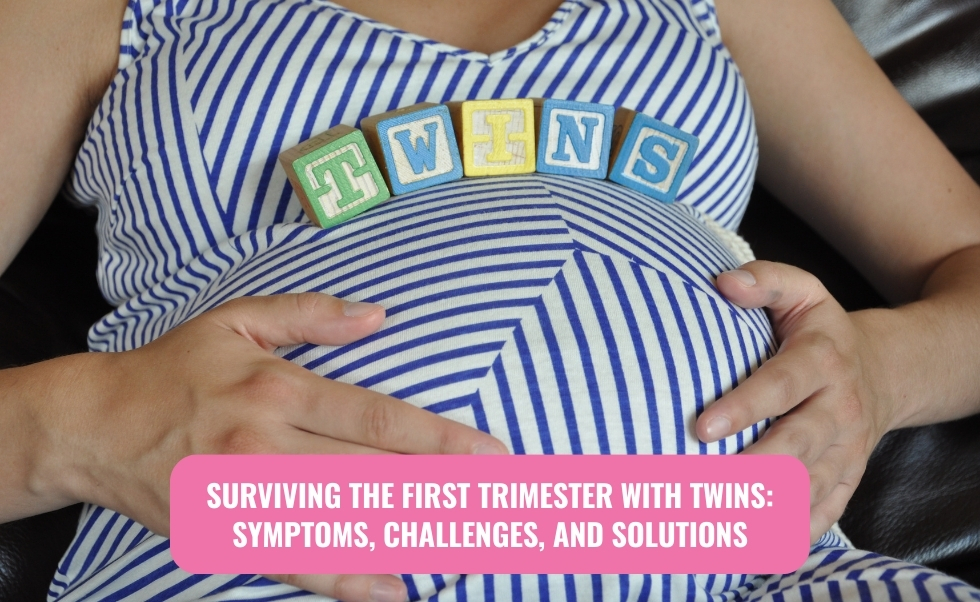The consumption of cannabis, whether referred to as bhang, ganja, or charas, is a topic of increasing interest and concern, particularly regarding its impact on fertility and pregnancy. As cannabis use becomes more widespread, understanding its potential effects on reproductive health is essential for those planning to conceive.
Cannabis and Its Varieties
Cannabis is a plant that produces compounds called cannabinoids, with tetrahydrocannabinol (THC) being the primary psychoactive ingredient. In different parts of the world, cannabis is consumed in various forms:
- Bhang: A traditional Indian beverage made from the leaves and flowers of the cannabis plant.
- Ganja: Dried leaves and flowering tops of the cannabis plant, often smoked.
- Charas: A form of cannabis resin, typically smoked.
How does cannabis affect my fertility as a woman?
Research into cannabis and its effects on female fertility has produced mixed results. Some studies suggest that THC can interfere with the normal functioning of the female reproductive system in several ways:
- Ovulation Disruption: THC may affect the release of reproductive hormones, potentially disrupting the menstrual cycle and ovulation. This can make it more difficult to predict fertile windows, thus complicating conception efforts.
- Implantation Challenges: The endocannabinoid system, which is influenced by cannabinoids like THC, plays a role in the implantation of the fertilized egg into the uterine lining. THC’s interference with this system could impair the ability of the embryo to implant and grow, reducing the chances of a successful pregnancy.
- Tubal Transport: Studies indicate that cannabis can alter the speed at which the egg travels through the fallopian tubes, potentially affecting the timing of fertilization and implantation.
How does Cannabis affect male Fertility?

Men’s fertility can also be affected by cannabis use. The primary concerns include:
- Sperm Production: Regular cannabis use has been associated with a decrease in sperm count. Lower sperm count can reduce the likelihood of sperm reaching and fertilizing the egg.
- Sperm Quality: THC may impact sperm motility and morphology, meaning their ability to move effectively and their shape, both crucial factors for successful fertilization.
- Hormonal Effects: Cannabis can alter levels of testosterone and other hormones essential for sperm production and overall reproductive health.
Can cannabis cause any Risks During Pregnancy?
For couples who do manage to conceive, cannabis use during pregnancy presents additional risks. THC can cross the placenta, potentially affecting fetal development. Concerns include:
1. Preterm Birth: Cannabis use has been linked to an increased risk of preterm labor, which can lead to complications for the baby.
2. Low Birth Weight: Babies born to mothers who use cannabis may have lower birth weights, which can impact their health and development.
3. Neurodevelopmental Issues: Exposure to cannabis in utero may affect the developing brain, potentially leading to long-term cognitive and behavioral issues for the child.
What should I do when I’m trying to conceive?
Given the potential impacts of cannabis on fertility and pregnancy, couples planning to conceive should consider the following recommendations:
- Abstinence: Avoiding cannabis use in all forms (bhang, ganja, charas) is advisable for both partners to maximize fertility and reduce risks during pregnancy.
- Consult Healthcare Providers: Speak with healthcare professionals about cannabis use and its implications for fertility and pregnancy. They can provide personalized advice based on individual health profiles.
- Healthy Lifestyle Choices: Focus on maintaining a healthy lifestyle, including balanced nutrition, regular exercise, and avoiding other substances that can negatively impact fertility, such as tobacco and excessive alcohol.
- Regular Check-Ups: Schedule regular medical check-ups to monitor reproductive health and address potential issues early on.
While the cultural and recreational use of cannabis is widespread, its potential effects on fertility and pregnancy cannot be overlooked. Couples planning to start a family should be aware of the risks associated with cannabis use and take proactive steps to ensure the best possible outcomes for conception and a healthy pregnancy. By making informed choices and seeking professional guidance, the journey to parenthood can be both safer and more successful.







